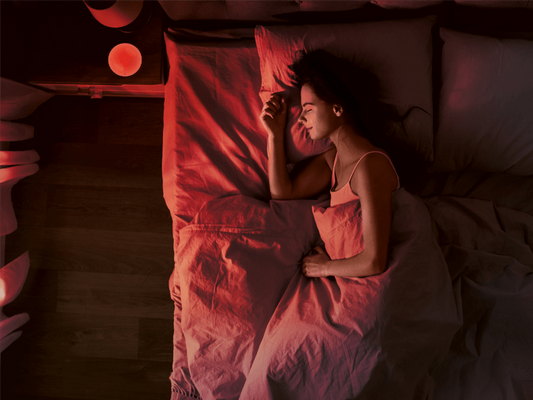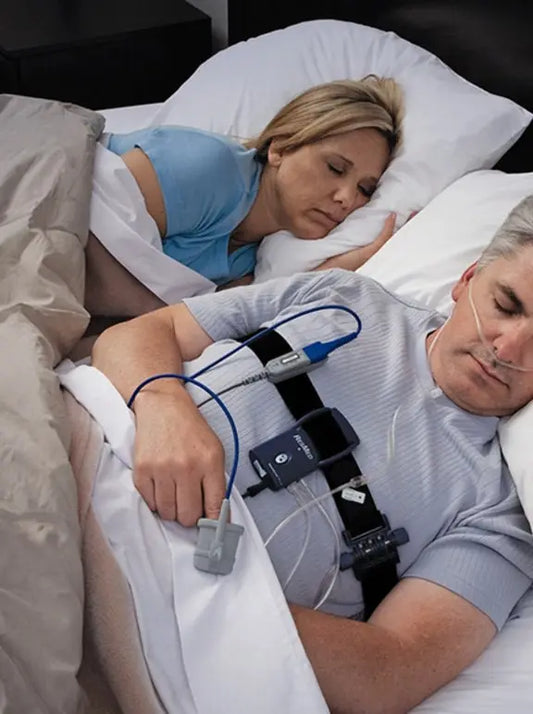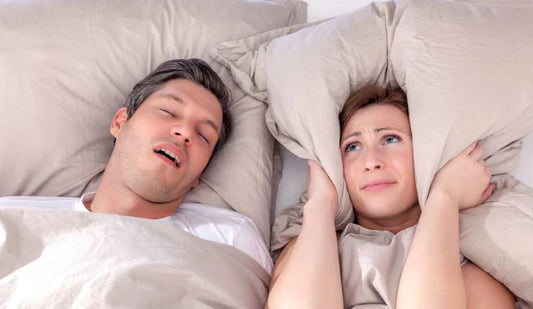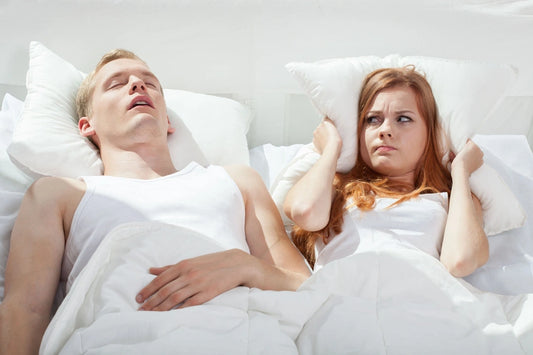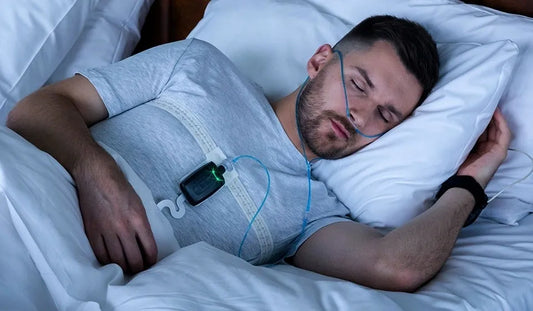When faced with persistent sleep disorders, the choice between consulting a general practition er or a sleep specialist can be a complex one.
On the one hand, GPs are the first point of contact in the care pathway. He can identify common sleep disorders such asmild insomnia or occasional snoring.
However, more complex symptoms, such as sleep apnea, hypersomnia or pathologies such as restless legs syndrome or narcolepsy, require in-depth expertise. In these cases, a sleep specialist, often a neurologist or pulmonologist with additional training in sleep medicine, will be better equipped to diagnose and treat these disorders.
These specialists have access to advanced investigative tools, such as polysomnography performed in a sleep laboratory, enabling precise assessment of sleep quality and any nocturnal respiratory interruptions. In short, the choice between a general practitioner and a sleep specialist depends on the severity and complexity of the problems encountered.
What is a sleep specialist?
A sleep specialist, often referred to as a sleep physician, is a healthcare professional with in-depth expertise in the diagnosis and treatment of sleep disorders. Unlike general practitioners, these specialists have undergone additional training in sleep medicine, often in disciplines such as neurology, pneumology or psychiatry.
It plays an essential role in the evaluation of symptoms linked to sleep disorders, such as insomnia, sleep apnea syndrome, narcolepsy or periodic movements of the lower limbs. On the basis of a detailed history, clinical examinations and sometimes more specific explorations such as polysomnography, the sleep specialist develops a suitable treatment plan, which may include medication, behavioural approaches or devices such as continuous positive airway pressure (CPAP ) for obstructive sleep apnea.

Areas of expertise and interventions
The sleep specialist's field of expertise is vast. It treats a range of disorders, from excessive daytime sleepiness to more complex pathologies such as sleep apnea syndrome orchronic insomnia. It is also involved in the management of circadian rhythm disorders parasomnias such as sleepwalking and night terrors, and the neurological, cardiovascular or metabolic consequences of sleep deprivation.
Interventions vary according to the disorder diagnosed : they may include recommendations for sleep hygiene the use of intranasal orthoses prescription of medications such as melatonin or sleeping pills, or even multidisciplinary treatment at a sleep center. In short, the sleep specialist is a key player in restoring restful sleep and improving patients' quality of life .
General practitioners and sleep disorders
When it comes to sleep disorders, the role of the general practitioner is crucial. On the front line, this practitioner identifies symptoms and directs the patient to the appropriate care. During the consultation, the doctor assesses sleep habits, medical history and potential risk factors such as obesity or high blood pressure, which are often associated with sleep apnea syndrome. Sleep-disordered breathing, characterized by repeated pauses in breathing during sleep, can be assessed by ambulatory ventilatory polygraphy. This test records various physiological parameters during sleep and can be performed at home.
If necessary, the general practitioner can prescribe an initial treatment, such as adjusting sleep habits, the use of intranasal orthoses for snoring, or even recommend CPAP (Continuous Positive Airway Pressure) devices for more severe breathing disorders. For complex cases or specific sleep pathologies such as chronic insomnia, parasomnias or narcolepsy, the general practitioner refers the patient to a sleep specialist. The latter, often a sleep neurologist or pulmonologist, has in-depth knowledge of neurophysiology and sleep-related pathologies.

When should you see your GP?
It's a good idea to consult your GP when signs of sleep disturbance appear. These signs may include difficulty falling asleep or staying asleep, unrefreshing sleep, excessive daytime sleepiness, or more specific phenomena such as heavy snoring, nocturnal breathing pauses, or abnormal movements during sleep. In addition, symptoms such as chronic fatigue, morning headaches or irritability can also be indicators of sleep problems.
Early consultation enables early diagnosis and appropriate treatment to avoid the complications associated with sleep disorders, such as cardiovascular risks and a negative impact on quality of life. The general practitioner will be able to assess the situation, advise the patient on good sleep hygiene practices and, if necessary, refer the patient to a sleep specialist for further investigation or specific treatment.
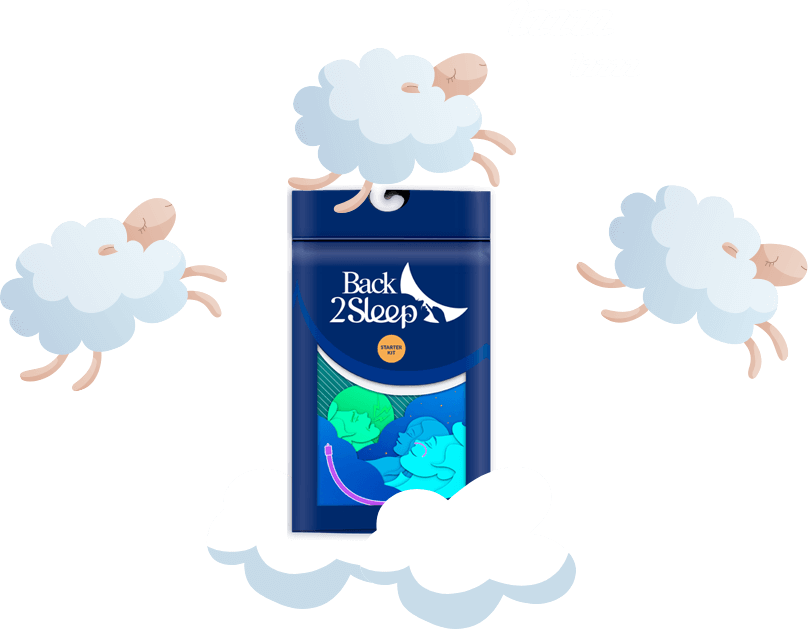
- Choosing a selection results in a full page refresh.
- Opens in a new window.


